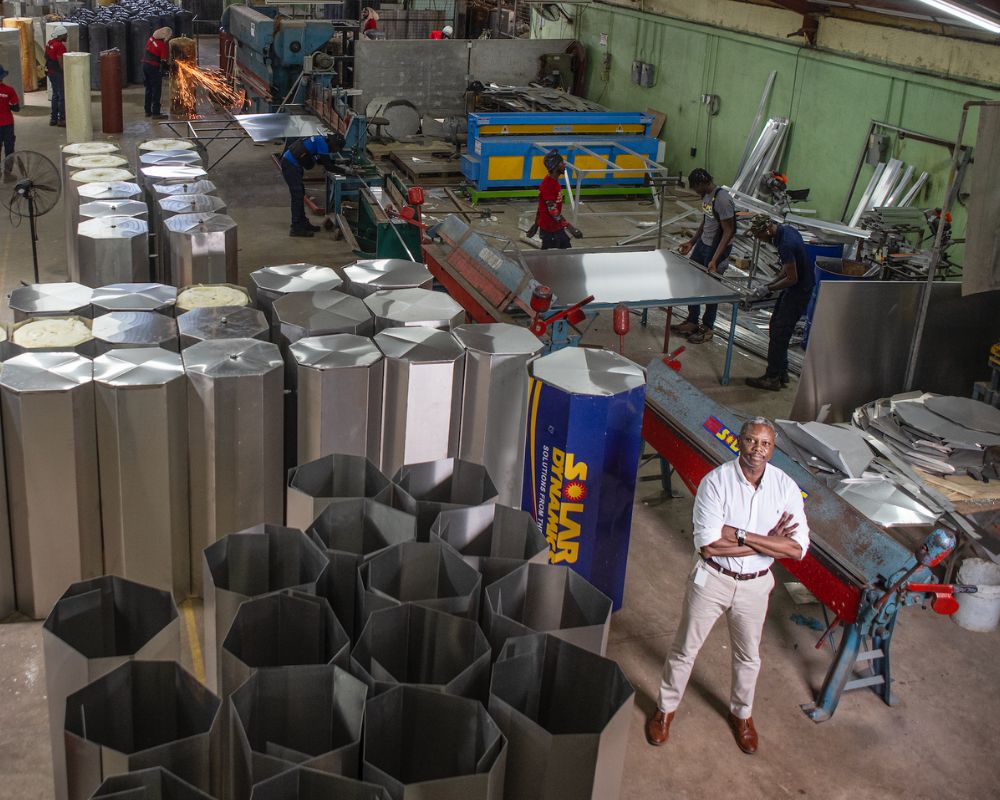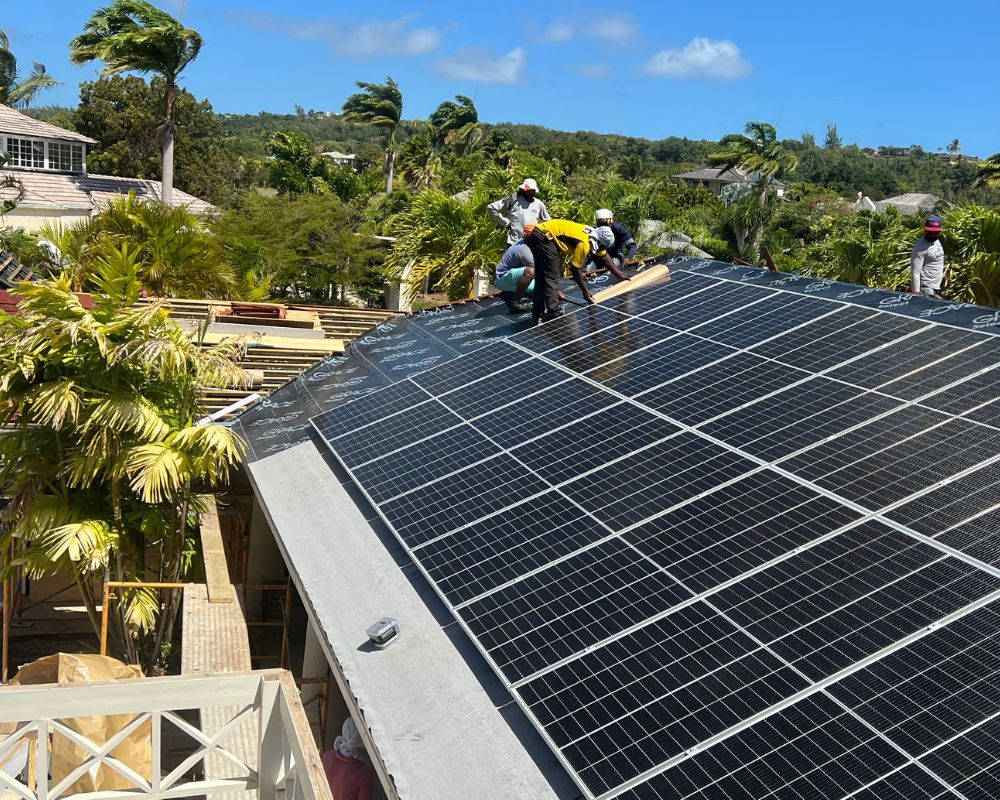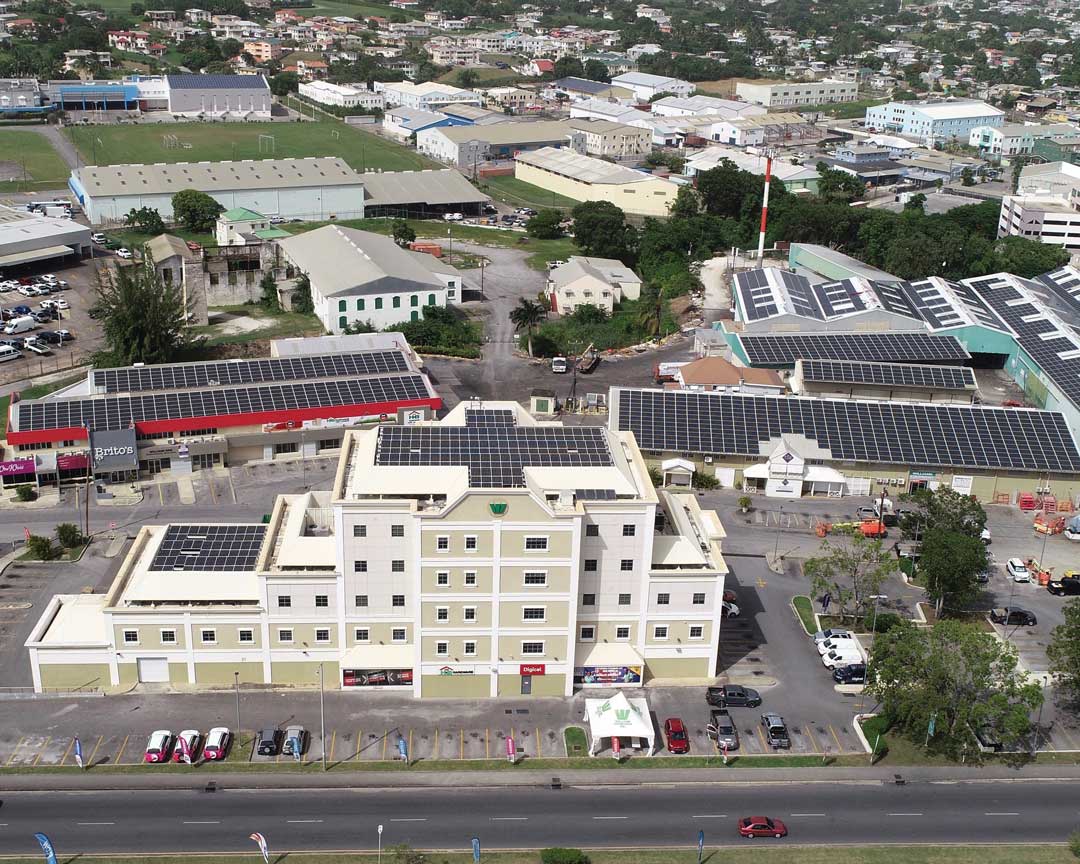
The Government of Barbados has officially launched a major procurement process for the country’s first large-scale Battery Energy Storage Systems (BESS), aimed at transforming the national electricity grid and unlocking delayed renewable energy investments. The launch event, hosted by the Ministry of Energy and Business, marked the beginning of a new phase in Barbados’ push toward energy independence.
“This is where interest becomes action and ideas become investment,” declared Minister of Energy and Business, Senator Lisa Cummins, during her keynote address. “The launch of this project is about grid unlock – not just for investors, but for real Barbadians whose hard-earned savings are tied up in solar projects they couldn’t connect until now.”
The BESS procurement process follows a robust planning phase, including an initial Request for Information (RFI), and culminates in the release of a Request for Proposals (RFP) on July 9, 2025. Up to 60 megawatts of battery storage will be tendered in what officials described as a competitive, transparent, and technically rigorous process. Projects will be backed by long-term, bankable contracts and supported by a liquidity guarantee facility administered by the Central Bank of Barbados.
Director of Fund Management at the Central Bank, Darrin Downes, underscored the bank’s commitment:
“This initiative reflects our dedication to innovative, climate-smart financial mechanisms. The liquidity support mechanism will provide financial security, reduce investor risk, and ensure long-term viability of the storage projects.”
Global Benchmark for Island States
Barbados’ effort is already being hailed as a model for the region. Inter-American Development Bank (IDB) Country Manager for Barbados, Carina Cockburn, emphasized the regional significance:
“By embracing this approach, Barbados continues to set a powerful example for the Caribbean. Energy storage is not just complex – it’s essential. Without it, progress plateaus. With it, we unlock stability and boost renewable integration.”
The IDB has played a key technical and financial advisory role throughout the process. According to Cockburn, the Bank will continue its involvement through both public and private sector financing arms, signaling long-term support.
Consumer Protection & Sectoral Resilience
Fair Trading Commission (FTC) CEO Brian Reece reiterated the regulator’s full support, noting:
“Battery energy storage is a critical piece of the renewable future. It brings price stability, fosters innovation, and shields Barbadians from the volatility of imported fossil fuels. The FTC remains committed to a competitive and transparent procurement framework that ensures consumer protection.”
He cited the current global energy landscape – including rising oil prices due to geopolitical tensions – as a compelling reason to accelerate local renewable deployment.
Technical Details and Access
Ramiro Gomez Barinaga of RELP, the project’s transaction advisor, described the tender as a “turning point” not just for Barbados, but potentially the entire Caribbean:
“This is the first competitive battery storage procurement in Barbados and likely the first in the region. The design is simple, bankable, and structured to attract strong local and international bids.”
Key features include:
- Up to 60 MW / 240 MWh of four-hour lithium iron phosphate (LFP) battery storage;
- Fixed monthly capacity payments (no separate payment for ancillary services);
- Mandatory local content plans (capped at 2% of annual revenue);
- Energy Storage License, Storage Agreement, and Interconnection Agreement embedded in the RFP;
- Application window opens July 9, 2025 via Barbados’ Bonfire procurement portal.
A Regional First, A National Mission
Minister Cummins emphasised the human and economic dimension of the initiative:
“Barbadians have already invested hundreds of millions in solar, only to be told ‘there’s no room on the grid.’ This is for them. This is about reducing our billion-dollar fuel import bill and using that money for healthcare, education, and social development.”
She also announced parallel work on wind energy procurement and updated regulations under the Electricity Supply Act, reinforcing the government’s commitment to the energy transition agenda.
Looking Ahead
The BESS procurement marks a critical step toward achieving Barbados’ renewable energy goals with targets originally laid out in the 2019 National Energy Policy. With the current grid unable to absorb more intermittent solar energy, battery storage is the key to unlocking a backlog of projects and enabling 24/7 renewable power.
The RFP documents, including all technical and legal requirements, will be available for download starting July 9, 2025. A bidder conference and public briefings are expected to follow.










-17.avif)
-8.avif)
-41.avif)
-6.avif)









.jpeg)

